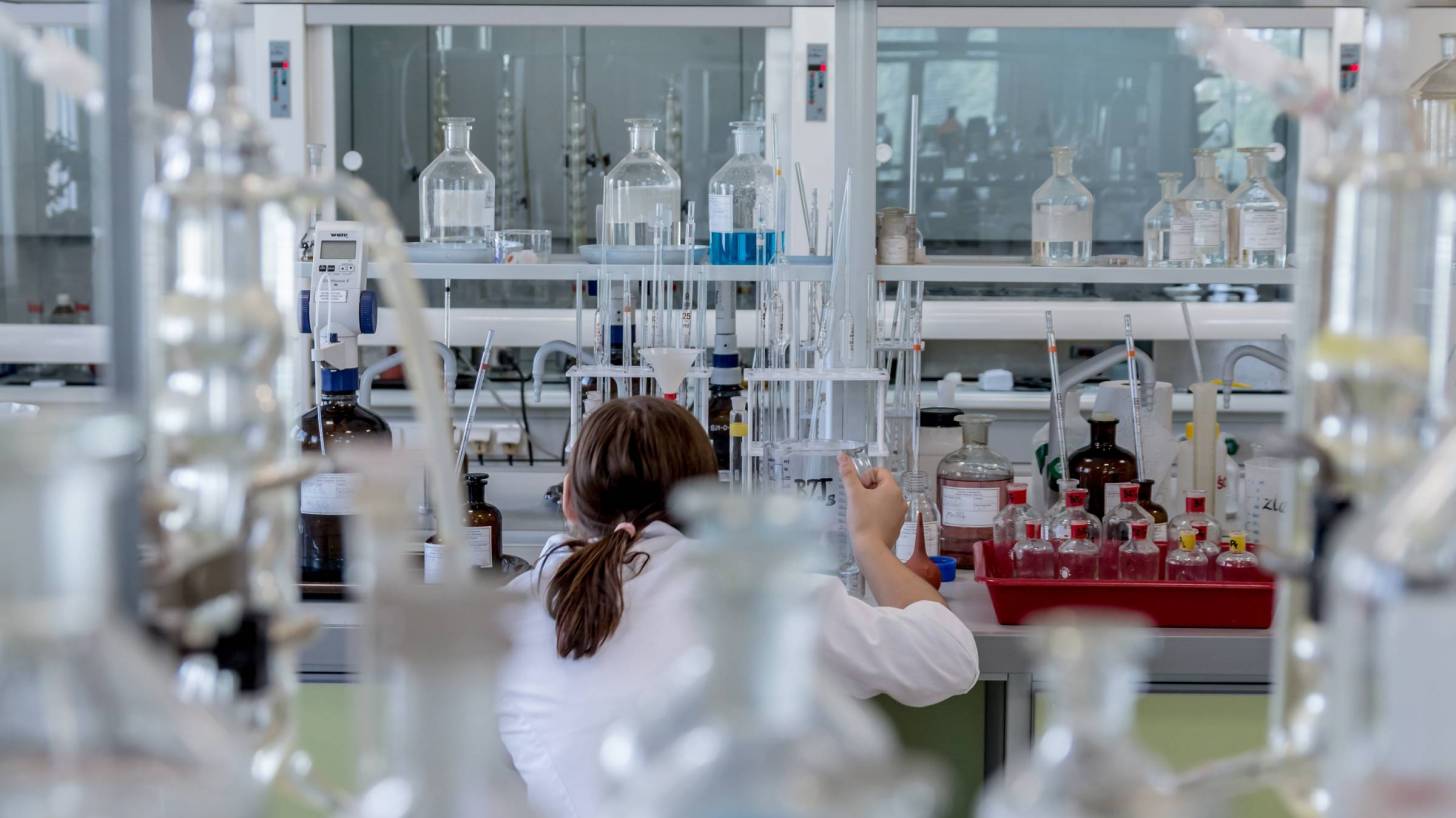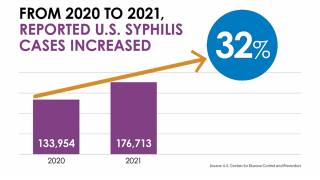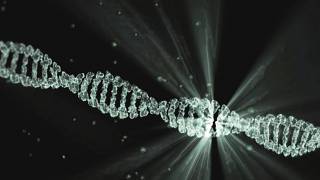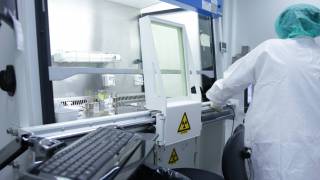HIV Vaccine Combo Produced Antibody Responses Within 6 Weeks

Vaccines are the most powerful public health tools available, and a Human Immunodeficiency Virus (HIV) vaccine would play a powerful role in ensuring the end of the AIDS epidemic.
A recent phase 1 study was conducted in which different combinations of DNA (DNA-HIV-PT123) and protein (AIDSVAX® B/E) vaccines were administered to determine which strategy would induce favorable HIV-specific antibody and T-cell responses.
This small study of 104 participants showed that co-administration of DNA and protein from the initial vaccination leads to the induction of potentially protective anti-HIV antibody responses within the first 6 weeks.
This finding contrasts with the DNA prime–protein boost regimen reflecting the RV144 vaccination schedule, which induced similar responses, but not until after the final boosts at month 6.
Otherwise, there were no significant differences between the early and delayed coadministration groups for the induction of any of the currently known RV144 potential correlates of HIV acquisition risk.
Of note, these researchers observed a significant increase in HIV-specific IgG4 at the 12-month time point in the early co-administration group, although the functional significance of HIV-specific IgG4 in the context of conferred protection from infection is currently unclear and subsequently discussed herein.
Led by protocol co-chair and Investigator at the Emory Center for AIDS Research Nadine Rouphael, M.D. and chair and professor in the Department of Medicine at the University of Rochester Medical Center Michael Keefer, M.D., the "DNA priming and gp120 boosting induces HIV-specific antibodies in randomized clinical trial" findings were published in the Journal of Clinical Investigation on September 30, 2019.
"Our study shows that there are tools available to us now to improve on the immunogenicity seen in RV144, which may lead to better efficacy in future field trials," said Nadine Rouphael, M.D., in a related press release.
And, ‘DNA appears to be a good alternative to viral vectors, and its early co-administration with protein can rapidly induce a potentially protective antibody response that would enhance its value to public health.’
These researchers concluded saying ‘Vaccine-induced antibody and T-cell responses, observed in an early-phase clinical trial such as HVTN 105, are important measures to help determine if a vaccine regimen has the potential to be tested as a candidate vaccine in a large-scale trial, powered to determine efficacy.’
In addition to efforts to build on the RV144 findings, the National Institute of Allergy and Infectious Diseases (NIAID) supports the development and evaluation of other novel candidate vaccines.
In late 2017, NIAID and partners launched a large proof-of-concept clinical trial in southern Africa, called Imbokodo or HVTN 705/HPX2008, to assess whether an experimental vaccine regimen is safe and able to prevent HIV infection.
FUNDING. NIAID grants UM1 AI068614, UM1 AI068635, UM1 AI068618, UM1 AI069511, UM1 AI069470, UM1 AI069534, P30 AI450008, UM1 AI069439, UM1 AI069481, and UM1 AI069496; the National Center for Advancing Translational Sciences, NIH (grant UL1TR001873); and the Bill & Melinda Gates Foundation (grant OPP52845).
The study authors declare that they have no competing interests.
HIV Vaccine news published by Precision Vaccinations
Our Trust Standards: Medical Advisory Committee
- Study demonstrates antibody responses within 6 weeks of initial vaccination
- DNA priming and gp120 boosting induces HIV-specific antibodies in a randomized clinical trial
- Evaluating the Safety and Immune Response to Different Combinations of the DNA-HIV-PT123 and AIDSVAX® B/E Vaccines in Healthy
- HIV Vaccine Awareness Day Celebrates the Breadth and Potency of Research

























